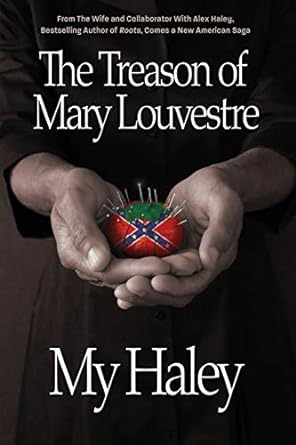Mary Louvestre
Mary Louvestre, a figure often overlooked, played a crucial role in the American Civil War, particularly in the realm of espionage. Born into slavery in Norfolk, Virginia, Louvestre's path to espionage began when she served as a housekeeper in the household of Confederate engineer Captain Charles Dimmock. Despite her status as a slave, Louvestre possessed a keen intellect and a remarkable ability to absorb information. It was this intellect that caught the attention of Union spies seeking to gather intelligence on Confederate military operations.
Recognizing Louvestre's potential as a valuable informant, Union agents approached her with a daring proposition: to act as a spy within Dimmock's household, gathering intelligence on Confederate fortifications and military strategies. Undeterred by the risks involved, Louvestre accepted the mission, driven by a deep desire to contribute to the Union cause and hasten the end of slavery.
Operating under the guise of her duties as a housekeeper, Louvestre gathered vital information on Confederate military activities, eavesdropping on conversations and discreetly observing maps and documents left unattended. She meticulously relayed this intelligence to Union contacts, providing invaluable insights that aided Union military operations and strategic planning.
One of Louvestre's most significant contributions came in the form of her involvement in the planning of the famous Battle of the Ironclads between the USS Monitor and the CSS Virginia (formerly the USS Merrimack). Dimmock was one of the engineers refitting the burnt-out USS Merrimac into the Confederate's CSS Virginia. Through her espionage efforts, Louvestre obtained crucial information about the construction and capabilities of the CSS Virginia, which proved instrumental in the Union's successful engagement with the Confederate ironclad.
Following the end of the Civil War and the abolition of slavery, Mary Louvestre's remarkable story faded into obscurity, overshadowed by the larger narratives of the conflict. However, her legacy endures as a testament to the often-overlooked contributions of African Americans, particularly women, to the Union cause and the eventual triumph of freedom over oppression.



